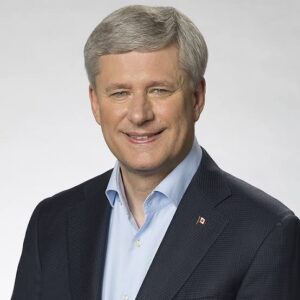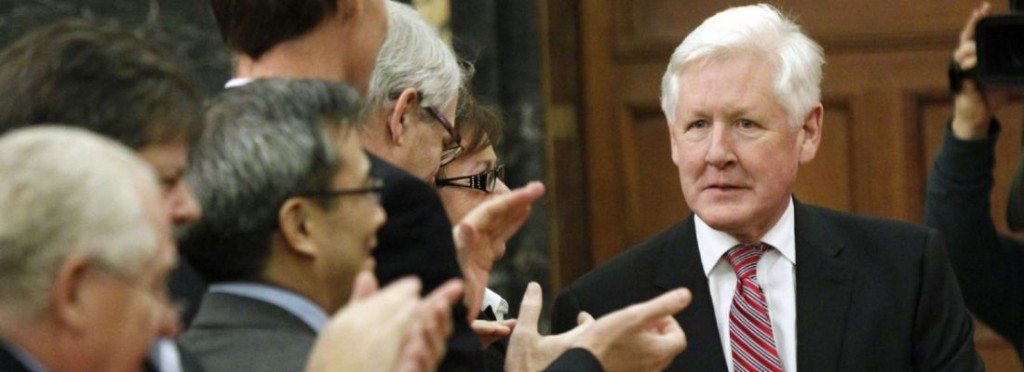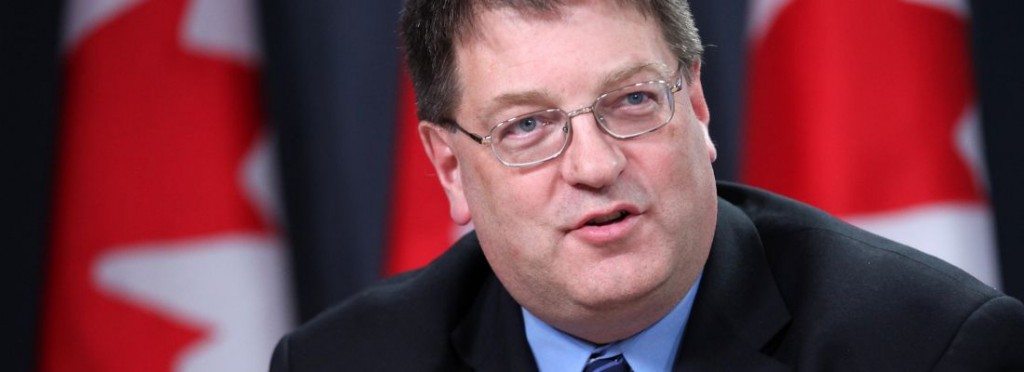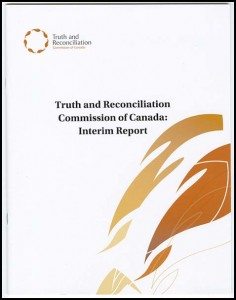Truth and Reconciliation Commission | Bob Rae, Chantal Hébert & Ken Coates
 On June 2nd, six years in the making, the Truth and Reconciliation Commission (TRC) released its 300 page summary report. It follows the 2008 apology delivered by PM Stephen Harper on behalf of the Canadian government for the pre-Confederation creation of the residential school system. It was the first time a Canadian prime minister had formally apologized for the abuse of about 150,000 First Nations, Inuit and Metis children who were removed from their communities throughout most of the last century and forced to attend residential schools. Former National Chief of the Assembly of First Nations Phil Fontaine was on hand in the house of commons to mark the event. Phil offered his take on the report earlier this month:
On June 2nd, six years in the making, the Truth and Reconciliation Commission (TRC) released its 300 page summary report. It follows the 2008 apology delivered by PM Stephen Harper on behalf of the Canadian government for the pre-Confederation creation of the residential school system. It was the first time a Canadian prime minister had formally apologized for the abuse of about 150,000 First Nations, Inuit and Metis children who were removed from their communities throughout most of the last century and forced to attend residential schools. Former National Chief of the Assembly of First Nations Phil Fontaine was on hand in the house of commons to mark the event. Phil offered his take on the report earlier this month:
The TRC chair Justice Murray Sinclair made 94 recommendations for change in policies and programs that are necessary to reach a new understanding between all Canadians. This week we will are featuring some of our thought-leading speakers on Social Change: 

Bob Rae | Ontario’s 21st Premier and former Liberal Party of Canada Leader
After resigning from Parliament in 2013, Bob Rae returned to practising law. He is a partner at Olthuis, Kleer & Townshend, a law firm that acts for First Nations across Canada and teaches at the University of Toronto School of Public Policy and Governance. Bob voices his belief that an apology in itself will not suffice: it has to be accompanied by a commitment to government action, actions that take place on the federal and provincial levels. He believes the majority must avoid falling into the trap of believing abuses of the part are over. Bob notes his concerns over how provincial and federal governments interpret laws and treaties: a way that requires indigenous people to go court in order to seek their rights and titles.
“The path ahead is not just about politics, it is a change of heart and mind that starts with each and every one of us, that understands that these challenges are not buried in our past but are alive today in our own behaviour and attitudes.”
Read Bob’s full column here.

Ken Coates | Leading Thinker on Canada’s Future
Ken Coates is a rare public commentator who brings deep understanding of past and present realities together with a compelling ideas about Canada’s future. His passionate and highly engaging talks have captivated diverse audiences across the country, from college administrators and economic development officers to Aboriginal entrepreneurs and community activists. He brings his experience in East Asia and around the Circumpolar world to bear on his understanding of Canada’s strengths and weaknesses. Ken combines irreverence, insight and a sense of humour in his conversations about the issues that matter most to Canadians. In his commentary for the National Post, Ken calls into question whether or not the 90+ recommendations will actually solve the problems identified by the Commission. He identifies governments failure to provide basic services & infrastructure at an equitable level as a core problem, something that can only be solved through legislation. Improved roads, water systems, school buildings and health-care facilities are some of the things government need to aid aboriginal communities with according to Ken. Ken sees the best way forward – to achieve real reconciliation – through government partnerships with existing efforts that aboriginal peoples & communities already have under way. Aboriginal education & businesses are seeing unprecedented success stories showing that self-led solutions work best.
“The best way to get over the past and the legacy of grievous injustices is to create a shared and more equitable future, and to ensure aboriginal people have the resources and freedom to set their own path forward.”
Read Ken’s full commentary here and learn more about him on his NSB Speaker profile. 

Chantal Hébert | National Affairs Columnist – Toronto Star
In her Toronto Star column, Chantal Hébert called out the troublesome issue of the lack of inertia which federal governments seem to bring about when faced with emerging challenges. She used the example of Dussault-Erasmus commission which saw eight years pass before an action plan was implemented by the Liberal government. The 1963 Royal commission on bilingualism and biculturalism took almost 6 years to draw up there report. Then there’s the national medicare system in the 1960’s which took an entire decade to roll out. All this, says Chantal, points to an alarming trend of the lack of inertia within government. The issue was also discussed on The National’s The At Issue Panel , where Chantal, alongside speaker Andrew Coyne, discussed how we move forward. She echoed her Toronto Star piece in calling for federal leadership to stop the inaction that so frequently plagues them. Chantal called for some type of Marshall Plan to be implemented in order to see any sort of change actually take place.
“The question is do we still have leaders that have the will to address specific challenges.”
Have a look at the debate, which takes place at the 6:00 mark: Learn more about Chantal on her NSB Speaker profile. 
 You can read the interim report by clicking the icon: Learn more about these and all of our aboriginal affairs speakers.
You can read the interim report by clicking the icon: Learn more about these and all of our aboriginal affairs speakers.
